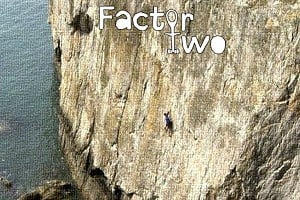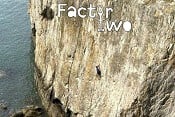In reply to Ramin:
As to finding out what happened.
There is something to remember before you start on this process.
You may never find out what caused your friends to die. Consider Mallory and Irvine - their deaths must be the most heavily researched deaths in high altitude mountaineering, and yet we still do not even know if they reached the summit, let alone know what killed them.
That said, I strongly suspect that investigating the incident will be a very valuable thing to do. Trying to find out what happened may be useful in terms of any practical mountaineering lessons, and may be even more useful as a way of helping people grieve.
I suggest you involve the bereaved families in any investigation, or at least keep them very closely informed.
It might be best if you do not lead such an investigation. People are upset, and some might fear you are biased and not give a clear investigation. Also, you are upset, and so you might not be able to bring your full clarity of mind to bear.
Such an investigation need not be a formal thing, carried out through the courts. It can be done privately, getting help from people who are respected.
You have given a reading list.
I recommend another two books: "Lessons Learned" and "Lessons Learned 2", both by Deborah Ajango. They are books about responses to deaths in the mountains, and a wide variety of perspectives are given: pastoral care, legal matters, dealing with the media, etc.
http://www.amazon.com/Lessons-Learned-Accident-Prevention-Response/dp/09702...









